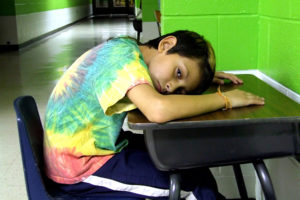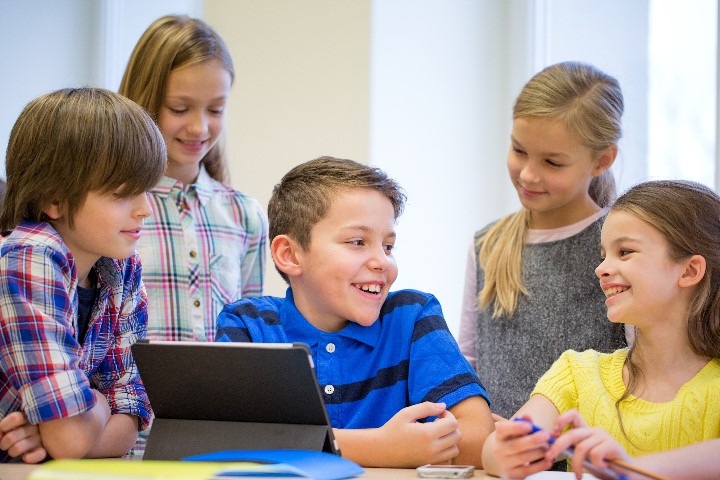A Canadian graduate student at Cape Breton University is studying whether youth programs in her community are helping students develop social and emotional skills.


A Canadian graduate student at Cape Breton University is studying whether youth programs in her community are helping students develop social and emotional skills.
Sheryl Fogarty, a senior psychology honors student, focused her thesis “Efficacy of Community Youth Programs on the Development of Social and Emotional Skills” on students in Whitney Pier, Nova Scotia, and their involvement with the Whitney Pier Youth Club.
According to the Cape Breton Post:
As part of the study, participants have been divided in two categories: Youth who are already taking part in the club’s programs and those who are wait-listed. …
Fogarty has hypothesized that students involved in the program will show a statistically significant increase in social/emotional skills compared to wait-listed students, as a result of being involved in youth programming.
Fogarty, a 35-year-old mother of two who grew up in Whitney Pier, previously worked in the mental health field, and she’s hoping the research will educate the public about the importance of positive youth programs and attract funding to support them.
“We really wanted to use the wait-list group versus the children who have been in the program – matched on age and gender – so we sort of used (the wait-listed) as a quasi-control group,” Fogarty told the Post. “We’re looking at group differences, not individual differences.”
About 30 students involved in the club volunteered to fill out questionnaires during the first phase of the study. Fogarty plans to carry out a second phase in the coming months, and to continue her work after graduation in May.
Fogarty said she was drawn to the research because she believes social and emotional learning is critical for young kids, and it’s not something that’s commonly taught in Canadian schools.
“Social and emotional learning to me was something that is a necessary skill and it’s very important for development and for understanding our emotions, managing our emotions, feeling empathy for others, creating positive relationships and responsible decision making,” she said.
“That really stuck with me. I really felt like that was something that was important for youth and something that wasn’t necessarily being taught, and definitely not taught in schools,” Fogarty added. “These types of youth development programs offer a lot of the opportunities that help to foster those skills.”
There are reasons why the “non-cognitive” aspects of child development have not been adequately explored. Researches at the Institute for Advanced Studies in Culture identified two. There is “the sense that these attributes are ‘soft’ and difficult to measure” and are also “centrally involve moral issues that can be politically sensitive in a diverse society.” Researchers state bluntly, “Even the most ‘rational’ or calculating spheres of modern life are built upon ‘nonrational’ foundations.” Clearly the development of these skills is a necessary developmental foundation for further moral instruction and so this research is timely and welcome.
For more information about the distinction between non-cognitive development and the default psychologistic account to moral formation, see The Content of Their Character.
For teachers and principals interested in knowing more about character and citizenship formation, information can be found at the UK’s Jubilee Centre.